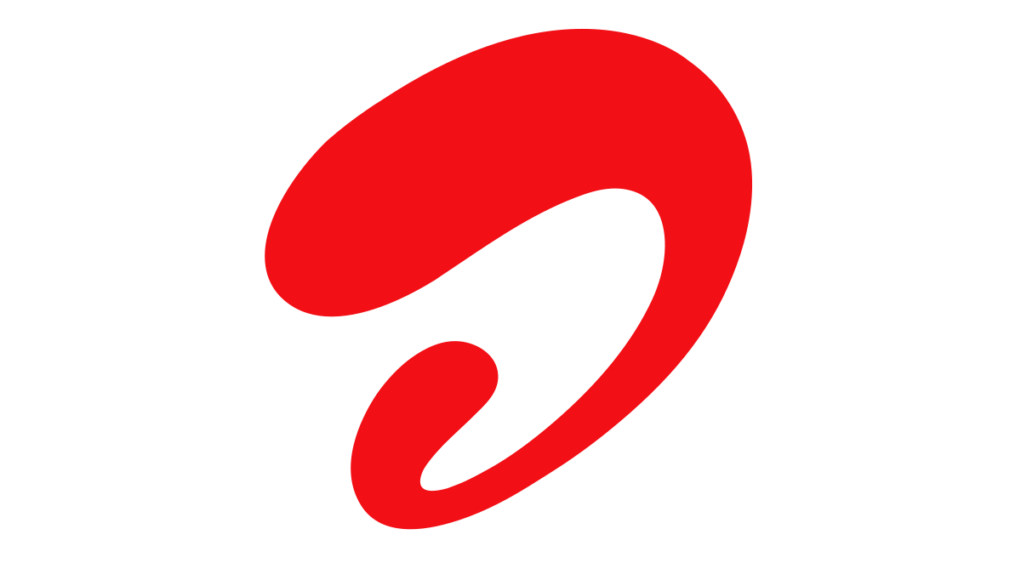By Blessing Obi
Airtel Nigeria has followed in the footsteps of MTN Nigeria by increasing its call and internet tariffs by 50 percent. This move comes just a week after MTN implemented a similar hike, in line with the Nigerian Communications Commission’s (NCC) approval of a general tariff adjustment in the telecom industry.
Under this new pricing structure, Airtel has phased out its former cheapest monthly data plan of 1.2GB for N1,000, replacing it with 2GB for N1,500. Other significant adjustments include 3GB for N2,000 (formerly 1.5GB at N1,200), 4GB for N2,500 (previously 3GB at N1,500), and 8GB for N3,000 (formerly 4.5GB at N2,000). Higher-tier plans have also seen considerable increases, such as the 10GB plan now priced at N4,000 (previously 6GB at N2,500) and the 25GB plan for N8,000, replacing the former 18GB plan at N5,000.
Additionally, the cost of voice calls has risen to 25 kobo per second from the previous rate of 18 kobo per second. However, like MTN, Airtel has opted to maintain certain existing tariff plans, including the 5GB weekly plan for N1,500, which remains unchanged.
According to industry sources, the tariff hike is designed to bolster operators’ ability to invest in infrastructure and innovation, with the ultimate goal of enhancing service quality, network reliability, and overall connectivity. A statement from the NCC emphasized that the price review aims to support telecom operators in sustaining high-quality services amid rising operational costs and economic challenges.
Despite these assurances, financial experts and consumer advocates have raised concerns about the impact of the price increase on subscribers. Bismarck Rewane, chief executive officer of Financial Derivatives Company, noted that while the revision benefits telecom operators, it places additional financial strain on consumers.
“Given the prevailing economic situation, an increase in telecom costs may lead to reduced usage from consumers, affecting overall demand for mobile services,” Rewane explained.
The recent tariff adjustments have sparked reactions across social media, with many users expressing dissatisfaction over the rising cost of connectivity. Some have called for regulatory intervention to balance the needs of both telecom operators and subscribers.
The Future of Telecom Pricing in Nigeria
As Nigeria’s telecom industry continues to evolve, further price adjustments may be on the horizon. Industry insiders suggest that unless macroeconomic conditions improve and operational costs stabilize, data and call tariffs could continue to fluctuate. Consumers are advised to explore alternative data plans and usage strategies to mitigate the financial burden of the new pricing structure.
With Airtel and MTN leading the charge, other telecom operators may soon follow suit, potentially reshaping the competitive landscape of Nigeria’s telecommunications sector.





























